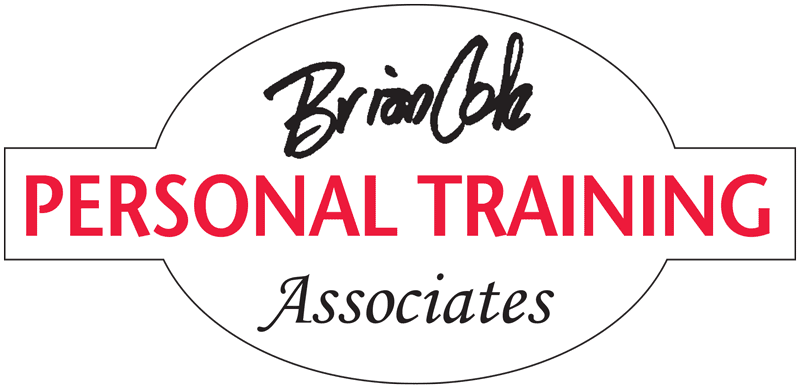WARNING! This column may challenge some of your basic beliefs. It maytherefore be a bit uncomfortable to digest.
Speaking of digestion, if you follow nutritional research, some interesting information has been published recently. For what will be obvious reasons as you read on, I’m not going into detail on any of these subjects. You can pursue anything of interest by using that wonderful panacea for the curious mind: the Internet (but, of course, be very critical in choosing your sources).
- In 1970 Linus Pauling, the highly respected and award-winning biochemist, published his findings that Vitamin C both helped prevent and reduce symptoms of the common cold. While many people still believe and feel they benefit from this information, subsequent studies have not confirmed his initial research.
- In the last few years Vitamin D has been frequently recommended and prescribed to improve bone density among other benefits. Now there are follow-up studies showing a possible link between excessive supplementation and heart attack, heart disease, stroke and forms of cancer.
- For years Vitamin E was touted for its ability to be beneficial in addressing heart disease. This has been recently challenged and seemsnow to have been a false guideline.
- Adequate calcium is essential to ensure healthy bone density. But research is now showing a link between calcium supplements (which I’ve advocated and taken for more than 30 years) and possible heart attack risk. It now seems there may be a significant difference between calcium from food sources and calcium supplements.
- The joyfully accepted news that certain properties contained in red wine and dark chocolate may reduce inflammation, may work to reduce the potential of some cancers and contribute positively to longevity, has recently been shown to not have the effect previously attributed.
- The basic safety net for anyone not consuming perfectly balanced meals, the multivitamin, has also recently been shown to have no measurable benefit. The amounts contained probably being too small to improve health.
- Gluten sensitivity, all the rage lately, is defined as the source of gastrointestinal problems for those without celiac disease. Peter Gibson, the gastroenterology researcher who conducted the study that kicked all this off, did some much more detailed follow-up studies and has identified combinations of preservatives which are also in the gluten-rich foods as the probable culprits. After reintroducing gluten alone, he has issued this statement: “In contrast to our first study…we could find absolutely no specific response to gluten.” Or, Oops. Looks like removing gluten-rich products leads to relief because the accompanying preservatives are also removed. Yet another money-making fad questioned. More, um, “research” is needed.
- And finally, this trumps them all: Published March 2014 in the Annals of Internal Medicine: “Saturated fat does not cause heart disease.” Huh? For more than 50 years, my entire adult life and career, avoiding butter, cheese, red meat, etc. because they clog our arteries has been the accepted Truth. I’ve recommended following the guidelines of the American Heart Association because in my words: “They are about research, not about selling diet books.” Turns out the AHA may be financially deeply connected to the food and pharmaceutical industries. And may have based their guidelines on some pretty shaky studies.
Heart problems may not be about fat consumption and high cholesterol at all but may be about consumption of processed instead of whole grains, of starches, and of sugars which lead to high triglycerides, high blood sugar, low HDL (the good cholesterol) and abdominal obesity. I’ve overused italics in the above information because they highlight the uncertainty in all nutritional research. If you follow this stuff, you will have noticed how often the word “may” appears in nutrition research headlines. If inexact science weren’t an oxymoron I’d use it now. And although my nutritional foundation may (there it is again) have been shaken, this is all great news! Great news because I have to reopen my mind (always beneficial on any subject) regarding my personal nutrition. But mainly because the inconclusive, contradictory, faddish and unconvincing nature of nutrition research reminds me of why I chose personal fitness training as my career.
For years I’ve advised my trainers to be cautious doling out nutritional advice, which they are not qualified to offer. It now seems evident that even the qualified are offering shaky data. Personal fitness training is about exercise and activity. It’s about doing. About safe, productive, healthy movement. About improvement of cardiovascular systems, strength, about balance and fall prevention, joint range of motion, energy levels, and therefore about feeling better every day.
I hope you love your career, but there is no more relevant and meaningful way to spend time than helping successful can-do people live healthier lives. There is no may in this statement: This is the career. That sounds self satisfied, because it absolutely is. I’m aware of the opportunity to do this and thankful every day.

